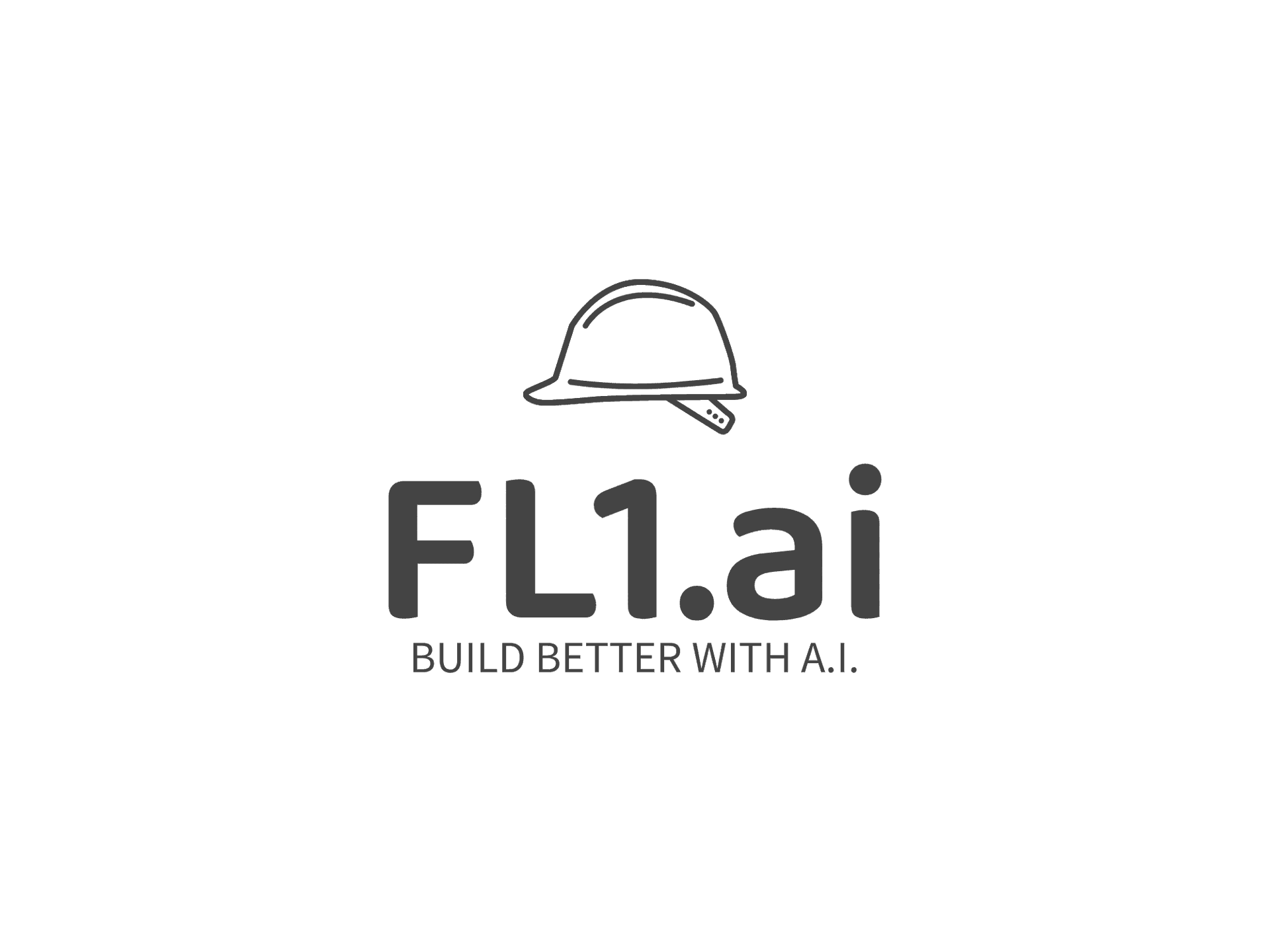A Comprehensive Guide to AI-Driven Project Planning in Construction
Introduction to AI-Driven Project Planning
In the rapidly evolving construction industry, integrating artificial intelligence (AI) into project planning processes is becoming increasingly essential. AI-driven project planning enhances efficiency, accuracy, and decision-making capabilities, offering a transformative approach to managing construction projects. This guide aims to provide a comprehensive overview of how AI is reshaping project planning in construction.

Understanding AI in Construction
AI technologies, such as machine learning and predictive analytics, are at the forefront of driving change in construction project planning. Machine learning algorithms can analyze vast amounts of data to predict project outcomes, optimize resources, and mitigate risks. These capabilities allow project managers to make informed decisions based on data-driven insights rather than relying solely on intuition or experience.
The Role of Predictive Analytics
Predictive analytics play a crucial role in AI-driven project planning. By analyzing historical data, AI systems can forecast potential project delays, cost overruns, and resource shortages. This predictive capability enables construction teams to proactively address issues before they escalate, saving time and reducing costs.

Optimizing Resource Management
Resource management is a critical aspect of construction project planning. AI tools can optimize the allocation of labor, materials, and equipment by predicting demand and identifying bottlenecks. This optimization ensures that resources are used efficiently, reducing waste and improving project timelines.
Enhancing Collaboration and Communication
AI-driven platforms facilitate better collaboration and communication among stakeholders. By providing real-time updates and insights, these platforms ensure that all parties involved in the project are on the same page. Improved communication leads to fewer misunderstandings and more cohesive project execution.

Mitigating Risks with AI
Risk management is another area where AI proves invaluable. AI systems can identify potential risks by analyzing patterns and deviations in project data. Early detection of risks allows project managers to implement mitigation strategies promptly, reducing the likelihood of costly setbacks.
Implementing AI in Your Projects
For construction companies looking to adopt AI-driven project planning, it is essential to start with a clear strategy. Begin by identifying specific areas where AI can add value, such as scheduling, budgeting, or quality control. Gradually integrate AI tools into your existing processes and invest in training for your team to ensure a smooth transition.
The Future of AI in Construction
The future of construction lies in the continued integration of AI technologies. As AI systems become more sophisticated, their ability to enhance project planning will only increase. Forward-thinking construction companies that embrace AI will be well-positioned to lead the industry with innovative and efficient project execution.
In conclusion, AI-driven project planning holds immense potential to revolutionize the construction industry. By harnessing the power of AI, construction professionals can achieve greater efficiency, reduce costs, and deliver projects on time and within budget.
